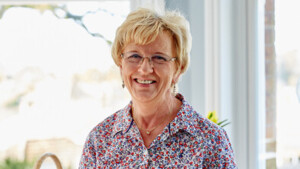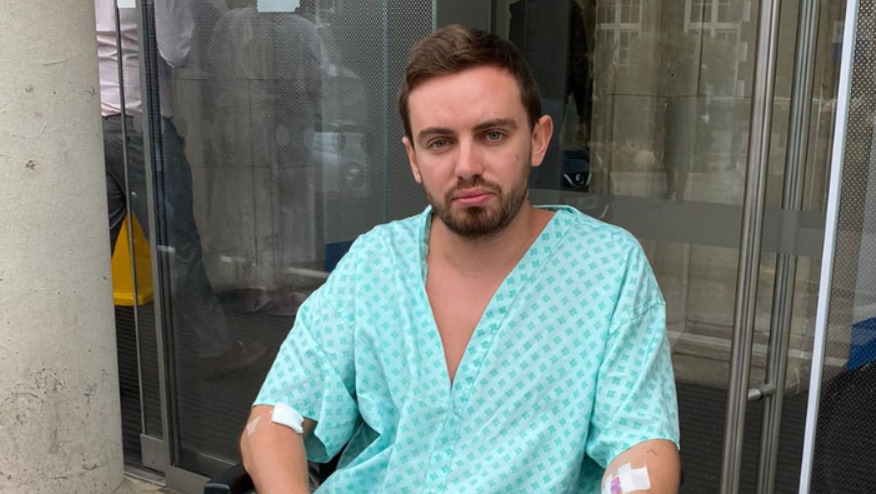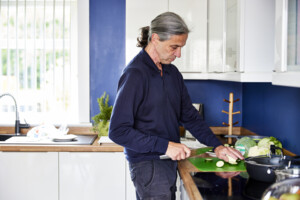"I was 49 when I found out I had prostate cancer."
As I was over 40, I sought a free NHS health check, only to be met with inquiries about existing health issues. Despite feeling physically well, I couldn't ignore the uncertainty about my internal wellbeing. The initial responses left me feeling dismissed, prompting me to assertively pursue the necessary health checks until they were finally conducted.
I hadn’t had any symptoms, my prostate wasn’t swollen but my PSA blood test results were high. When I found out I had cancer it was tough as my dad had had prostate cancer and I had it as well. So, that was the start of my journey.
I went for a biopsy and other appointments and what struck me was I was the youngest there. I found I had to ask a lot of questions and push for answers about my treatment plans. This made my journey feel really hard.
"When they said the 'C' word, that's when I realised I am not superhuman."
When I got my diagnosis, I thought wow, where do you go from here? I had never been sick before, and this was not like a broken leg.
Since then, I have had a radical prostatectomy surgery, radiotherapy and hormone treatment. It has been a long journey and I know my body will never be the same. My energy, my personality and my relationships have all changed because of my cancer journey. I find myself yearning for a deeper understanding from others, a wish that people could comprehend the multifaceted repercussions of my unique cancer journey.
I've got to touch wood as there are many people that don't get this far because by the time they find out about their diagnosis, it is too late to cure the cancer.
“I wanted to raise awareness about Black men and prostate cancers.”
Navigating the healthcare system proved challenging for me, feeling at times as if I were invisible. Having encountered disparities in treatments and wading through a sea of misinformation, I became acutely aware of the need for advocacy. Motivated by a desire to be a voice for those who may feel unheard, I resolved to speak up on behalf of individuals facing difficulties articulating their needs. Recognising the importance of support, I committed to helping others on similar journeys, determined to make a positive impact.
A year ago, someone told me Cancer Black Care are looking for a chief executive. I thought about it deeply because I absolutely loved my job and I wasn't looking to leave, but this was an opportunity to create change and work in an environment that I'm equally passionate about, and lead from the front.
Discovering that I secured the job brought immense excitement in March 2023. Since then, it's been a whirlwind of emotions. The tasks ahead are extensive, with a current emphasis on short-term goals such as education, raising awareness, influencing, fundraising, and cultivating relationships within the Black community and among people of colour.








